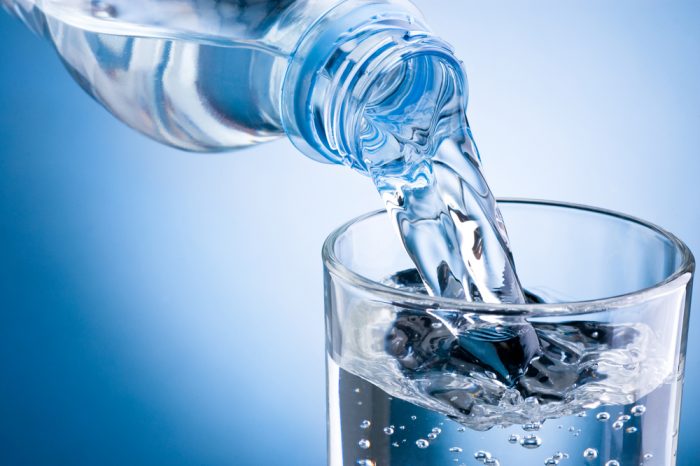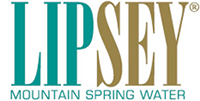
If you’ve ever engaged in a discussion about the safety of local tap water, you’ve likely heard the topic of fluoride come up. What is usually an ingredient in toothpaste becomes an extremely controversial topic when it comes to water. Unlike a discussion of spring water vs. purified water, a discussion of bottled water and tap water is likely to lead to this contentious topic. Whichever side of the debate you fall on, you may be curious whether bottled water is different than tap water from this perspective as you decide what water is right for you.
The Fluoride Debate
Fluoride is a mineral that occurs naturally on Earth, released from rocks into the surrounding soil, water, and air. This means that all water contains at least a trace amount of fluoride, though usually not enough to make a difference, though some groundwater and natural springs may have organically high levels.
In humans, fluoride is used primarily as a way of preventing tooth decay. Bacteria in the mouth produce acid when we eat sugary foods, which can eat away at the tooth’s surface, weakening the tooth and increasing the risk of cavities. Fluoride strengthens the tooth’s surface enamel to prevent this. As a public health measure, fluoride is added to most community water sources in order to offer this protection to a large population easily.
Since its introduction in 1945, water fluoridation has been shown to lead to fewer cavities, less severe cavities, less need for fillings and extractions, and less pain and suffering due to tooth decay. Proponents of water fluoridation cite these benefits as a reason to continue the practice. Others believe that fluoride poisoning is possible and that putting the mineral into water can be dangerous.
Bottled Water and Fluoride
Because fluoride is naturally occurring, it is often present in natural water sources. This means that bottled water that is completely natural may have trace amounts of fluoride or amounts that fluctuate based on the saturation in that area.
The U.S. Food and Drug Administration has limits set specifically regarding the amount of fluoride in bottled water. These limits take into account a number of factors, including the source of the water and how that may impact the fluoride content.
Bottled water is required to use labels that indicate fluoride levels. A label that says it is de-ionized, purified, demineralized, or distilled means that the water was treated in such a way that it contains no, or only trace amounts of, fluoride. If fluoride is added to the water, this will be specified as an ingredient. However, manufacturers are not required to list the amount of fluoride on the label in most cases.
When fluoride is present, the water can meet a standard of identity and quality set forth by the FDA and display this health claim: “Drinking fluoridated water may reduce the risk of dental caries or tooth decay.”
Choosing Your Water
For those who are against fluoride in their drinking water, it may be logical to choose bottled water that meets FDA standards of no or trace fluoride. If this is important to you, the regulations allow you to find options that have not been treated with additional fluoride. However, it is important to understand that bottled water still often contains fluoride that has occurred naturally.
The majority of tap water in the United States contains some level of fluoride. 73% of the American population, over 200 million people, have access to community water systems that contain enough fluoride to protect teeth. The goal of the government is to reach 77% of the population by 2030. For many, this is a benefit to tap water. However, this water is more difficult to access information about, and you may not know the exact fluoride levels present.
Whatever you are comfortable with will be the best choice regarding the water you drink. Lipsey water has been filtered to remove fluoride as well as other impurities, offering the benefits of fresh mountain spring water without the potential risks of fluoride. If you are concerned about tap water or other bottled water, contact us today to begin the switch to filtered water from Lipsey.
